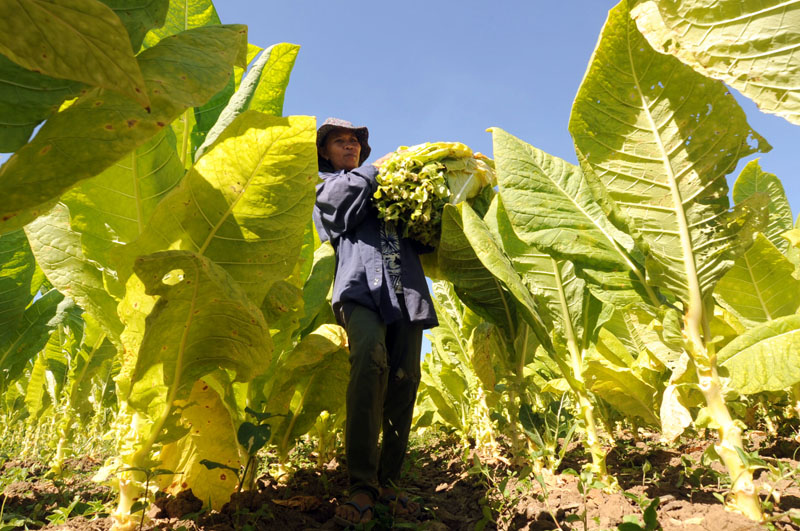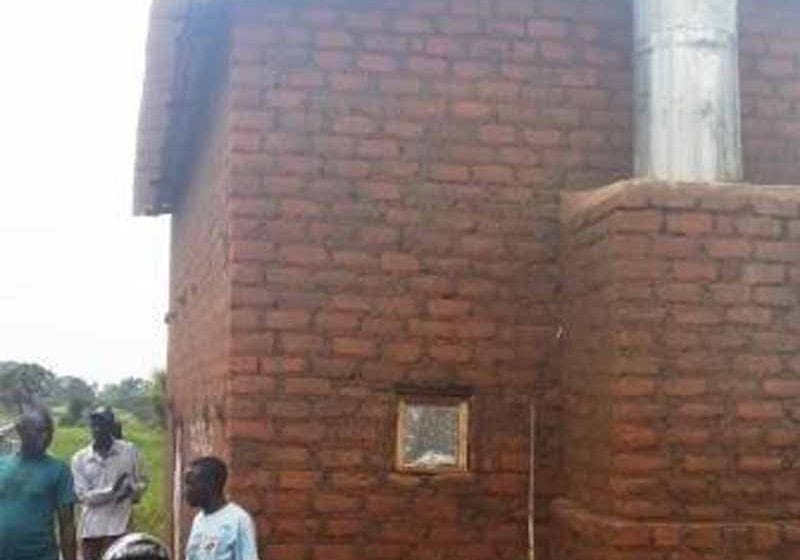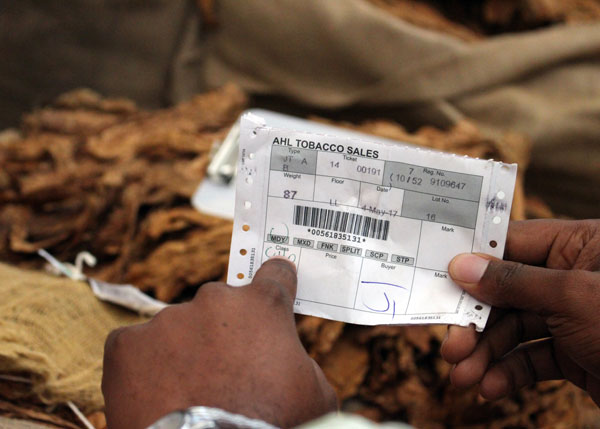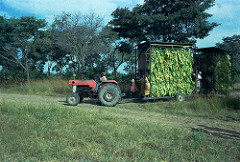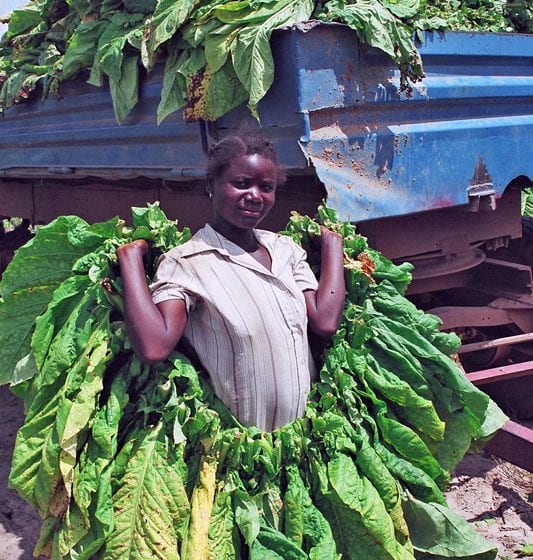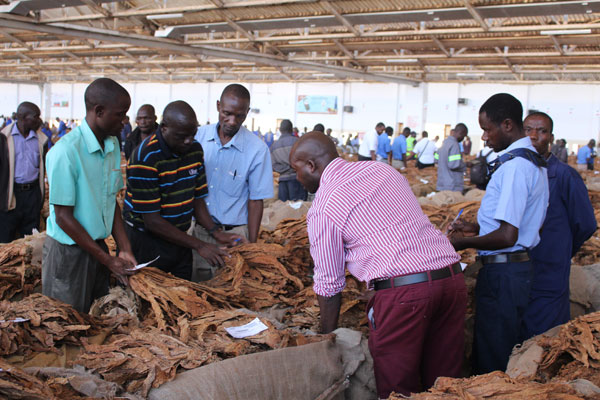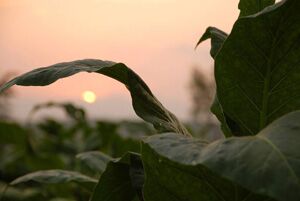A preliminary report by Malawi’s Tobacco Control Commission (TCC) suggests that this year’s tobacco crop volume, at about 206 million kg, is broadly similar to that of last season, 202 million kg, according to a story in The Maravi Post.
The TCC is due to undertake a second crop survey from February 25 to March 3, and the results of this survey will be used to determine the opening dates for the marketing season.
Speaking in the capital Lilongwe on Tuesday, TCC CEO Kayisi Sadala attributed this year’s increased tobacco volume to last year’s ‘good marketing season’, though Sadala did not say for whom it was good.
And it was noticeable that though the 2018 marketing season was described as good, there was no mention of grower prices, which a Reuters piece in October had said were down by 16.5 percent on those of 2017.
So it would be valid to speculate that the increased volume could be down to a whole range of factors from the weather to poor prices last season having persuaded growers that the only way to increase their incomes was through volumes.
Last month, the Foundation for a Smoke-Free World said that a 2016 study had found that only 25 percent of Malawian tobacco farmers were content with the prices they received in 2014, and that about 41 percent of all tobacco farmers had considered switching to alternative crops or livelihoods.
And it seems unlikely that grower sentiment would have changed greatly because the Foundation said also that farm-gate prices of tobacco in Malawi had fallen by 54 percent between 2012 and 2016.
Even given a ‘good marketing season’ in 2017, grower prices are likely to be below those of 2012.
One factor that would tend to indicate that the 2019 season is unlikely to be a good one for growers is that, according to the story, the volume this season is 35 percent up on the 152 million kg that buyers had demanded.


